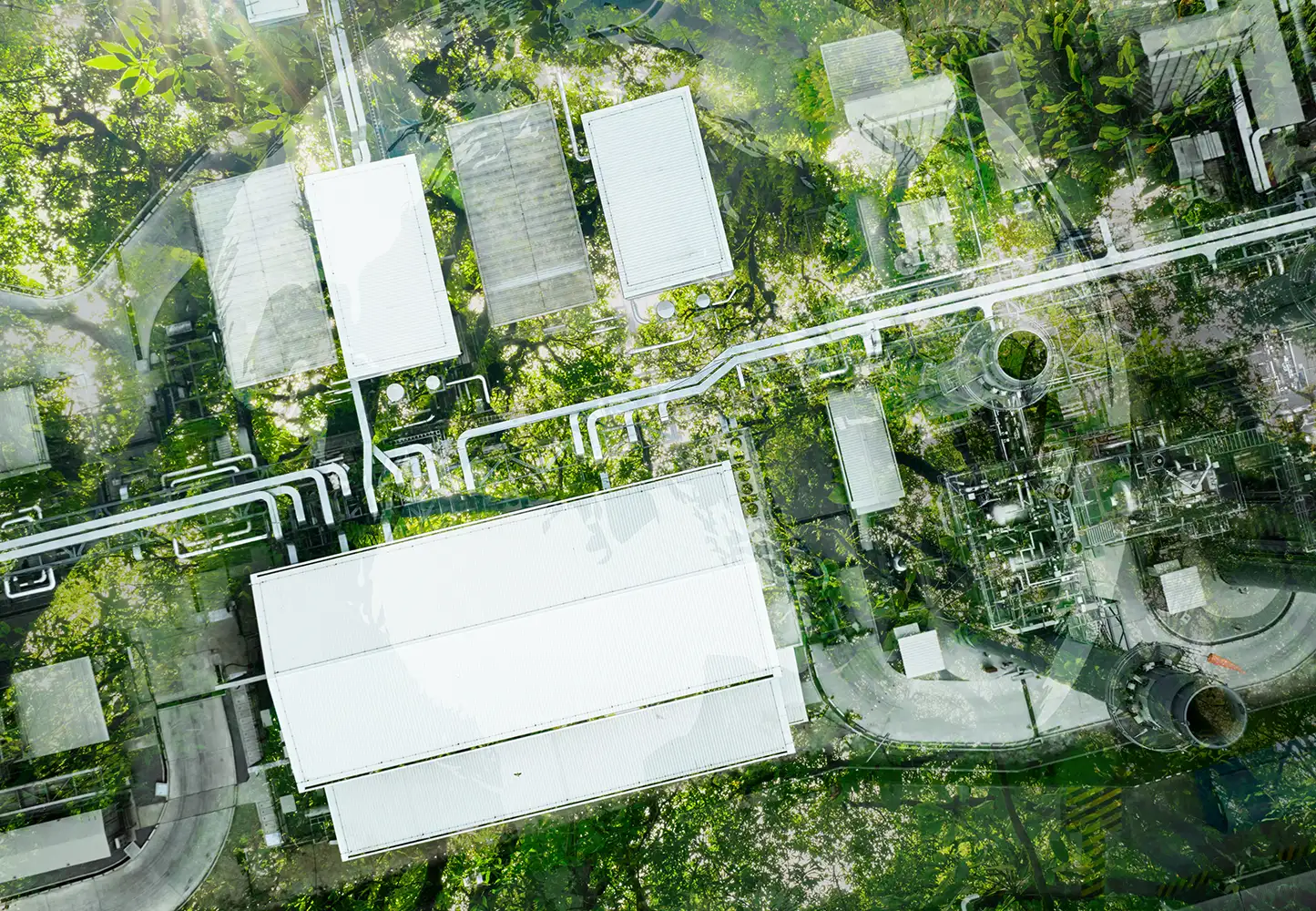
Carbon management: OECD’s roadmap to a net-zero future
At the UEIL Annual Meeting in Porto, Portugal, in October 2024, Jens Lundsgaard, deputy director at the OECD Directorate for Science, Technology, and Innovation (STI), presented a compelling keynote titled “Carbon Management, Bioeconomy, and Beyond.” He urged industries to rethink decarbonisation strategies, integrate carbon management, and harness bioeconomy innovations to meet net-zero targets.
Lundsgaard criticised the over-reliance on electrification, noting that while crucial, it does not address all industries—particularly heavy industry and lubricants. Instead, he promoted a carbon management approach, which optimises carbon flows through capture, reuse, and sequestration, alongside integrating bio-based materials into industrial processes.
The bioeconomy’s potential and challenges
The bioeconomy plays a vital role in sustainability, but Lundsgaard warned against over-exploitation of land and resources. He highlighted biotechnology and genetic engineering as key drivers of innovation, citing LanzaTech’s partnership with Sekisui Chemical, which converts waste gases into ethanol, bridging industrial and bio-based systems.
Despite its potential, bio-based production faces challenges. Biofuels and bioplastics alone are insufficient, and balancing biodiversity, food security, and energy needs is essential.
Lundsgaard called for harmonised policies to foster innovation without stifling investment. He pointed to Japan and the U.S., where governments fund demonstration projects to accelerate technology adoption. He urged European policymakers to simplify regulations and promote public-private partnerships.
Industrial symbiosis and product passports
Lundsgaard advocated industrial symbiosis, where businesses exchange energy, materials, and by-products to improve efficiency and reduce waste. He cited the Humber industrial cluster in the UK as a successful model.
Additionally, he highlighted digital product passports, which track a product’s lifecycle, enhancing transparency, compliance, and circular economy practices.
For innovation to succeed, scientific research must align with industrial needs. Lundsgaard stressed the importance of AI-driven research, such as advances in protein folding and biotechnology, which accelerate carbon recycling and bio-based solutions.
A call for policy harmonisation
Concluding his address, Lundsgaard urged alignment between regulations, technology, and industry. He emphasised that achieving net-zero and advancing the bioeconomy requires collaboration, innovation, and flexibility.
“The transition to a sustainable economy is just two innovation cycles away, but we must act now to stay competitive,” he said.
The OECD’s vision underscores a pragmatic blend of policy, science, and business strategy, providing industries with a roadmap to navigate sustainability challenges while driving economic growth.








